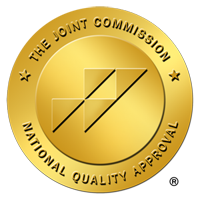Heroin is a highly addictive substance, and the more you use it, the more risk you face of developing an addiction. Recognizing the signs of heroin abuse, both physical and behavioral, can help you recognize when it’s time to get proper treatment.
Physical Signs of Heroin Abuse
The physical signs of heroin abuse start with the physical symptoms associated with withdrawal. As soon as you stop using heroin, your body has to flush out whatever is left of the drug in your system as well as adjust to the absence of the drug, leading to withdrawal symptoms that are very much like the flu.
Just the same as any other sickness, these symptoms tend to get worse before they get better, and getting treatment from a proper facility can help keep you comfortable during this time.
These physical signs can include things like:
- Runny nose
- Nausea
- Vomiting
- Diarrhea
- Watery eyes
- Restlessness
- Muscle aches
- Insomnia
- Blurry vision
- Fast heartbeat
- Elevated blood pressure
When these signs happen periodically, they might be better attributed to something else, like seasonal allergies or a sickness, but when they happen regularly in conjunction with heroin use, they can indicate an addiction and the need for treatment.
In addition to these physical signs that are related to withdrawal, there might be physical signs of abuse, like the track marks that are left if the heroin is injected.
Behavioral Signs of Heroin Abuse
Heroin addiction can cause irritability and behavioral changes that are noticeably different from the norm. In many cases, people tend to withdraw from their friends and family and pull away from any social activities as heroin becomes a priority.
For example:
- Addiction can cause erratic or aggressive behavioral changes
- Addiction can cause legal trouble
- Addiction can cause lying or secretive behavior
- Addiction can cause depression or anxiety
Behavioral signs might not be something that you recognize in yourself but rather something that you recognize in someone else or something that your family and friends have recognized in you.
Just the same as the physical signs, behavioral signs can get worse over time, starting with things like declining an invitation for a social event that you used to love for no apparent reason and then, over the course of several weeks or months, declining all invitations for socialization.
Family members might notice increased irritability that isn’t explained by something else, as well as frequent insomnia and secretive behavior.
Other signs include dealing with certain issues that could be a consequence of drug use. This can include financial issues, such as when money that was meant for something else gets spent on heroin, or legal issues, such as when you find yourself in trouble for driving under the influence or being high in public.
Getting Treatment for Heroin Abuse
If you or someone close to you has struggled with signs of heroin abuse, the best way to get treatment is often medication-assisted treatment (MAT) from authorized facilities.
MAT for Heroin
This type of care starts with detox using FDA-approved medications to ease the discomfort of withdrawal symptoms and to control the cravings. From there, you proceed into inpatient rehab, during which time you’ll go through individual and group therapy to help you with craving management, triggers, and relapse prevention.
Why Choose Inpatient Care
When you get treatment for heroin abuse, you can choose inpatient or outpatient programs, but heroin addiction is a very complex condition with severe withdrawal symptoms. For that reason, you are more likely to overcome it if you use FDA-recommended medications as part of your treatment plan. These medications can only be used at qualifying facilities, and a part of that requirement is that you continue with the designated therapy after detox.
Being able to extricate yourself from your daily life, stepping away from the triggers or cravings, and being in a supportive environment where you can focus solely on your recovery helps individuals with long-term sobriety.
How American Detox and Treatment Can Help
At American Detox and Treatment, our drug rehab facility specializes in helping individuals overcome addiction with traditional evidence-based practices and group support. We will help connect you to resources in the area where you can continue to receive ongoing support and continuing tools for your long-term recovery. Our substance abuse treatment programs include drug detox services and inpatient rehab programs.
If you notice the signs of heroin abuse in someone close to you, it’s important to consider professional detox and ongoing treatment right away.
Contact American Detox and Treatment today to learn more about our inpatient facilities.


